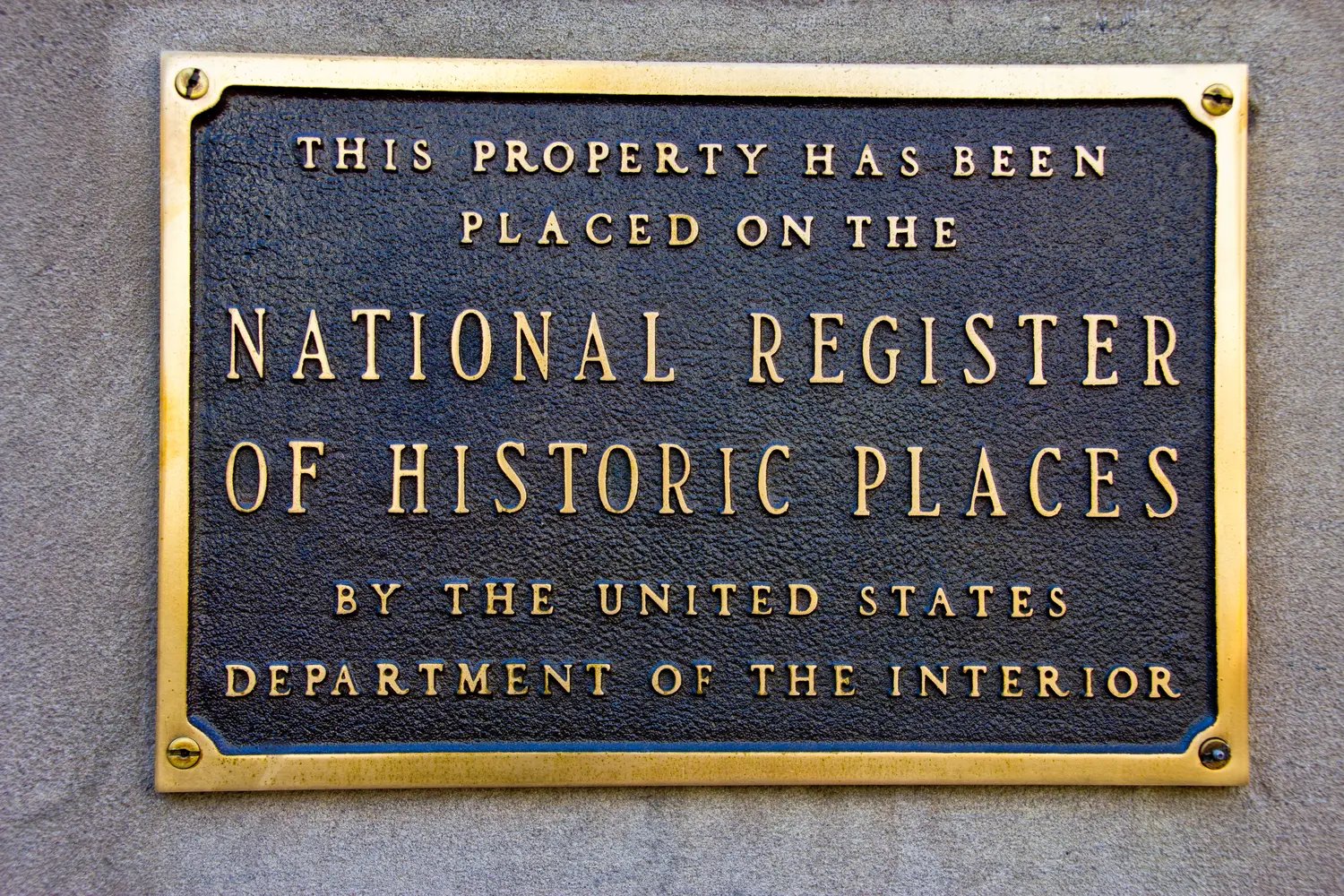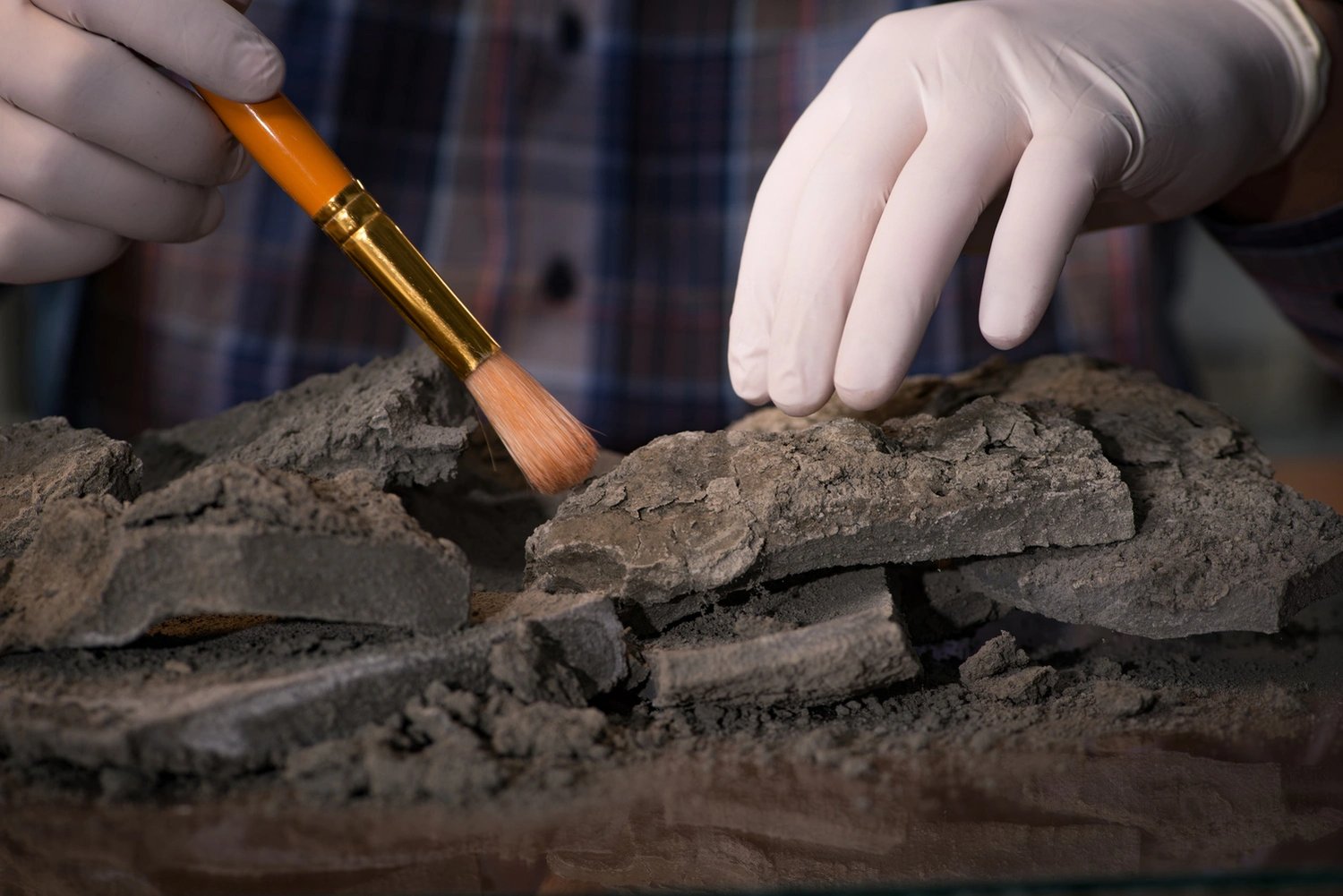State Historic Preservation Act
Free Permitting Checklist
Practical Tips to Avoid Environmental Risk on all Your Projects
Download our environmental permitting checklist to get a step-by-step list of ways to protect your project from the 9 most common environmental risks.
Download Your Checklist
What Is Historic Preservation?
Historic preservation is the process by which local, state, and federal agencies work together to ensure the integrity of the nation's historical places, artifacts, archeology, and resources. This protection occurs via regulations, tax incentives, and nonprofit work. Some regulations require a formal review process to ensure that a proposed project will not adversely affect historic resources.

The National Historic Preservation Act
The National Historic Preservation Act of 1966 is the federal law protecting historic sites and buildings and outlining federal, state, and local responsibilities for this protection. This act and the National Environmental Policy Act (NEPA) are some of the federal preservation and stewardship laws that require land developers to "stop and consider" the impacts they will have on environmental and historical resources.
The NHPA outlines the Section 106 review process as a baseline for historic project reviews. Section 106 outlines the roles the federal government, state agencies, and other historic preservation programs play in historic preservation and outlines this unified effort in assessing the potential impacts of a project or action as a necessary review process. This rule is the foundation for historic review and regulations at the state and local levels for compliance with this process.
Who Enforces NHPA?
The National Parks Service
The National Park Service maintains the National Register of Historic Places. This Register outlines all known and acknowledged historically significant places and buildings covered under the NHPA. The NPS works with SHPOs to update this information. This Register is used when reviewing sites and informing preservation policy.
State Agencies: State Historic Preservation Office
The SHPO is each state's leading authority on project reviews, and its offices oversee and outline its state's review process. They administer the National Register program in their state, conduct project reviews, maintain historic buildings, and help pass rulings that aid in the protection of these places. Each state has a Register of Historic Places that serves as a resource for individuals and agencies. Additionally, states may pass "state 106 laws" that require the consideration of historic impacts when developing within the state and maintain a state register of historic places.
The Advisory Council on Historic Preservation (ACHP)
The ACHP is an independent federal agency that aids historic preservation by informing policy. The officials in this agency use federal funding to enhance preservation efforts within the nation and advise Congress and the President on preservation policy.
Free Permitting Checklist
Practical Tips to Avoid Environmental Risk on all Your Projects
Download our environmental permitting checklist to get a step-by-step list of ways to protect your project from the 9 most common environmental risks.
Historic Preservation Funding
National Trust for Historic Preservation
The National Trust for Historic Preservation is a nonprofit organization that funds preservation efforts for historic and cultural resources within the U.S. This trust supports
Historic Tax Credits are tax credits that support the rehabilitation of historic places and buildings within the U.S. Additionally, the organization has helped support the creation and implementation of 35 state historic tax credit programs. Visit their website to learn more about the National Trust of Historic Preservation's role in these credits, eligibility requirements, and how they work.

Historic Preservation Fund
This fund is a federal grant program that supports historic preservation projects across the country. These grants are given to Tribes, local governments, states, and educational institutions working to preserve historical sites or buildings. The source of the funds is non-taxpayer dollars, authorized annually by Congress. States are required to match the funds at a 40% minimum.
Why Does SHPO Vary by State?
States are given regulatory power over historic resources by carrying out the Section 106 review process within their state through their SHPO. They are given the role of carrying out the Section 106 review process within their state. Each state holds its own unique history that multiple state agencies and certified local governments regulate. For example, Hawaii has a different history than the District of Columbia, requiring separate regulations. By dividing this process up to the states, the project review process is implemented at a higher success rate, and historic and cultural resources are more accurately protected.
Additionally, many states are the home of deep Native American history. Due to this, the NPS has designated Tribal Historic Preservation Offices (THPO) for Tribes that concur with the SHPO to ensure the preservation of Tribal historic and cultural resources. The division of these responsibilities allows these reviews to be carried out by experts on the unique history of a region.

Who Needs SHPO Reports?
SHPO reviews apply to anyone developing on potentially historically significant land, including government agencies and renewable energy developers alike. A SHPO review is required when a federal agency develops, funds, or approves a project that could impact culturally or historically significant properties.
SHPO reviews serve as the basis for the nation's preservation plan to protect historic properties. These reviews protect the resources from being damaged and the land developers and investors from facing severe project delays and fines for potential negative impacts. These reviews can also update the National Register of Historic Places and inform policy surrounding historic resources.
How to Obtain SHPO Reports
Consultants and State Agencies
Environmental consultants and state agencies can aid in SHPO review. State law on the preferred review process will vary by state. Consultants can help obtain records, photographs, project risk information, and other materials needed for SHPO reviews. By law, the SHPO has 30 days to respond to federal reviews. The timeline for response can vary depending on the amount of SHPO requests the office receives. Additional time is needed for this process if the respective consulting parties and project proponent need additional time to gather materials for the SHPO review or if SHPO requires further studies.
Each state has a different protocol for requesting a project review. In many states, a portal exists to upload all required materials and stay up to date with project status. It is best to check your state website to see the most current SHPO standards.
Transect
Transect is an environmental due diligence software tool that provides site-specific data in minutes. In addition to this data, Transect can facilitate SHPO review in just a few days. This information includes third-party validated data and all information required to be SHPO compliant within the developer's respective state.
Free Permitting Checklist
Practical Tips to Avoid Environmental Risk on all Your Projects
Download our environmental permitting checklist to get a step-by-step list of ways to protect your project from the 9 most common environmental risks.

